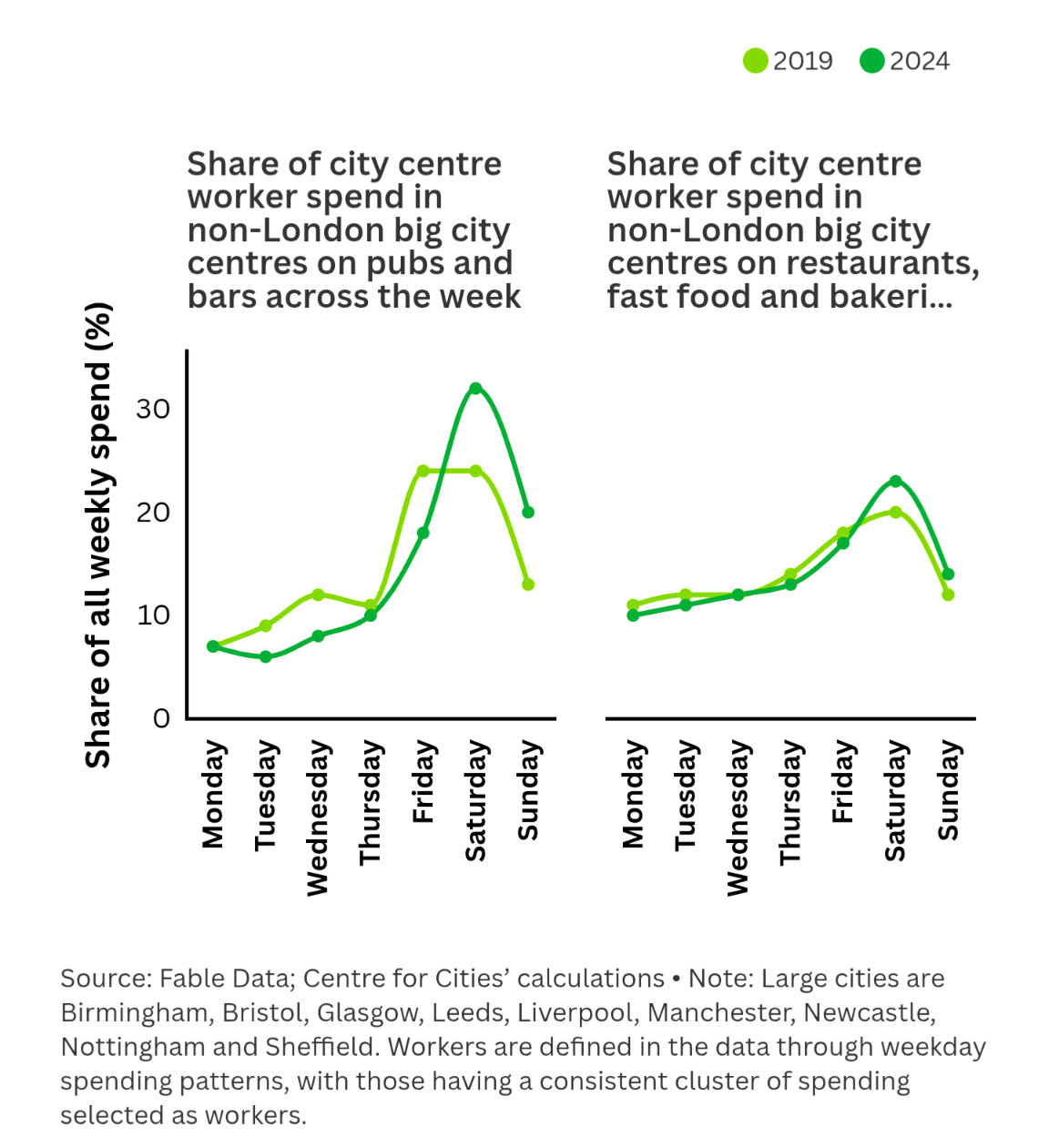I wrote last week about the test for Reform no longer being popularity, but competence.
When you're an upstart opposition party, it's very easy to point to things which aren't good enough and make a fuss, but it's an awful lot harder to be the ones making the decisions.
So, with Reform now holding a sizeable majority in County Durham - 65 of 98 seats, up from just four before the election - they're needing to display competence.
Unfortunately they seem to have been taken by surprise by the scale of their success, and run into trouble with some of their candidates.
One, Andrew Kilburn - elected to serve the Benfieldside ward at the north end of Consett - has already resigned as he is employed by the council. There are rumours of others ineligible for similar reasons.
There are two options here - one that candidates didn't know of the rules, and they should have been briefed and vetted by the party if so. Or, two, that they and Reform weren't expecting them to win and were just standing paper candidates to fill the ballots across the county.
Both are concerning, and the second is disrespectful to the people of Durham who have put their trust in Reform.
There will now be at least one by-election in Durham (there's one happening in Newark in Nottinghamshire too).
Council by-elections cost something like ten grand a go, paid for by the local authority - there's printing of information packs and ballot papers, there's administrative costs, there's sorting polling stations.
It's not a good look before you've even appointed a council leader or a cabinet.
Three or four of those and you could pay for an EDI Officer.
Does no one go to the pub anymore?
A nod to North East ex-pat Paul Swinney, who has announced he's leaving his role as Director of Policy and Research at Centre for Cities after more than 15 years with the organisation.
Sadly for us he's not leaving to focus full time on his Sunderland-themed literature, but is instead trading the murky world of think tank research for the murky world of tech consultancy as Chief Economist of The Data City.
Paul has been invaluable to regional policy nerds, because he's always ensured the North East flavour came across in Centre for Cities’s work.
His most recent contribution is looking at card transaction data to see the impact of working from home on pubs and bars, and on retail and leisure footfall.
Pre-pandemic a Friday always represented a second peak, alongside Saturday when it came to spending…however, post-pandemic this has changed.
In London, this has been replaced by a second, smaller peak on a Thursday - assumed to be reflecting changing working patterns. The post-work drink now happening on a Thursday.
In major cities outside of London, including Newcastle, that Friday spread-peak has gone and Saturday is now a lone peak.
Who engages in arts and culture?
The Creative Industries Policy and Evidence Centre have published their State of the Nations report.
The paper finds widening gaps for engagement on class and ethnicity, and variation regionally. There's an interactive tool on the page above.
They have some snippets on local areas - Stockton loves comedy, ranking 13th in the country for engagement in that. North Tyneside loves video games. Northumberland ranks well on engagement with heritage sites. Sunderland is low on visits to libraries.
It's interesting to poke through the data, but it's important to understand these trends too. The creative sector is an underappreciated element of our economy, and growing it (especially in the regions) would have a significant impact on jobs, investment and quality of life.
Making the arts and culture more accessible is a big part of that, making sure everyone feels like the region's cultural assets are theirs.
More inactivity this quarter
Economic inactivity has jumped back up this quarter to 28.4% - 2.3 percentage points higher in January to March than October to December.
The latest ONS figures show the change coming from a falling employment rate, and that a similar (but less pronounced) trend can be seen in the annual figures.
Some client work
This is my newsletter, and I'll frivolously share things if I want to.
I had the chance to work with the Centre for Life as they celebrate their 25th anniversary this year.
I wrote a set of case studies, based on interviews I conducted with people whose lives have been changed by the science which goes on at Life.
Here are three of those pieces.
There are so many inspirational stories from two and a half decades of innovation in health and life sciences, many untold or at the very least undertold.
Working with me
If you'd like some similar content for your business or organisation, get in touch. Telling these stories in a compelling way, which ties in your key messages while still being human (and actually interesting), is one of my specialties.
You can reach me on arlen@arlenpettitt.co.uk.




